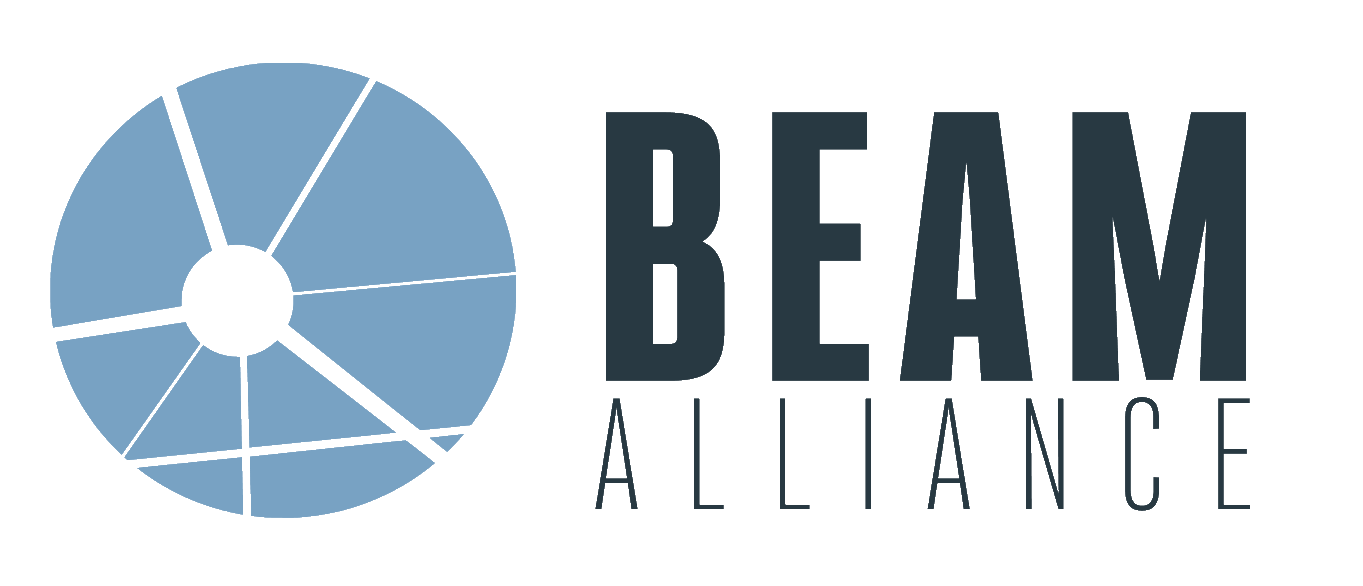Destiny Pharma announces positive update from US FDA on XF-73 Phase 3 development plans

- FDA clarifies Phase 3 and US registration pathway for XF-73 Nasal gel for the prevention of post-surgical staphylococcal infections
- Feedback enables the Phase 3 study design to be simplified and is expected to shorten the overall clinical development timelines
Brighton, United Kingdom – 19th July 2022 – Destiny Pharma plc (AIM: DEST), a clinical stage biotechnology company focused on the development of novel products to prevent life-threatening infections, is pleased to announce that it has received positive feedback from the US Food and Drug Administration (FDA) on the proposed XF-73 Nasal US Phase 3 study design and development programme.
XF-73 is the lead drug candidate developed from Destiny Pharma’s XF platform and it is initially being developed for the prevention of post-surgical staphylococcal infections, such as methicillin-resistant Staphylococcus aureus (MRSA), which can cause significant complications and increased healthcare costs in the hospital setting.
The key points from the FDA’s feedback are:
The FDA agreed to the proposed Phase 3 design comparing XF-73 Nasal gel to placebo on top of standard of care for the prevention of post-surgical staphylococcal infections following certain breast surgery operations. This type of surgery is being proposed as patients can experience a relatively high infection rate following the current standard of care and there is a clear unmet medical need.
The FDA is open to the collection of microbiological data during the proposed Phase 3 study that could lead to the development of a surrogate marker for clinical efficacy in other types of surgery.
Based on the favourable safety profile from the clinical development programme so far, the FDA has confirmed that no specialised nasal examinations are needed in the Phase 3 study. In line with the above, the FDA has also removed the previous requirement to clinically evaluate skin sensitisation.
The regulatory feedback will enable Destiny Pharma to simplify the Phase 3 study design and is expected to shorten the overall clinical development programme in the US.
Based on the FDA’s feedback, Destiny Pharma is now focused on finalising the US study design and biostatistical analysis to clarify the final patient numbers required and the related costings and timeline. The Company is also exploring the possibility of designing a global Phase 3 clinical programme, likely to consist of two studies, that meets the requirements of both the FDA and European Medicines Agency (EMA) and a further update on this will be made in due course.
The breast surgery patient population for the Phase 3 clinical trial has been chosen to meet FDA requirements for a “placebo plus standard of care” comparator with the primary endpoint being statistically significant evidence that the use of XF-73 Nasal gel results in fewer post-surgical site infections. The Company is confident that positive Phase 3 results will mean that XF-73 Nasal gel will be used in breast surgery and more widely in the many other surgical procedures where decolonisation is recommended. It is estimated that approximately one third of the global population are carriers of S. aureus, typically in the nose, putting them at a significantly higher risk of acquiring a post-surgical infection. Consequently, nasal decolonisation is recommended across many high-risk surgeries which is a very large patient population in the US and across the world meaning that the XF-73 Nasal gel is targeting a multi-billion $ market opportunity in the hospital setting. The need for better anti-microbial treatments such as XF-73 Nasal gel, is underlined by XF-73 having previously been awarded FDA Qualifying Infectious Disease Product (QIDP) and Fast Track status.
In the US and worldwide, there are no approved nasal drugs for the prevention of post-surgical staphylococcal infections. The generic antibiotic mupirocin has been used to treat patients who carry the bacteria prior to surgery to reduce the risk of infection. However, the use of existing preventative treatments is severely limited by the existence, and fear of generating drug resistant bacteria. In contrast, XF-73 Nasal gel has been shown not to generate drug-resistant bacteria and thereby reduces the threat posed by Anti-Microbial Resistance (AMR). Furthermore, this superior bacterial resistance profile makes it ideally suited for widespread use in the prevention of post-surgical infections.
Dr. Yuri Martina, Chief Medical Officer of Destiny Pharma, said: “Despite numerous initiatives in the past decades, S. aureus remains a major burden in the post-surgical setting. Nasal carriage of S. aureus is associated with a higher incidence of infections following surgery and significant morbidity and mortality for patients. This interaction with the FDA gives us clarity on the US registration pathway to filing a New Drug Application for XF-73 Nasal gel. Once approved, XF-73 Nasal gel will provide a new antimicrobial for rapidly and effectively decolonising nasal S. aureus and significantly reducing the patient risk and burden of the associated post-surgical infections.”
Alexander F. Mericli M.D., F.A.C.S. Associate Professor of Plastic Surgery at The University of Texas MD Anderson Cancer Center, noted: “If this compound is successful, it would be a game changer and revolutionise the safety of breast reconstruction (BR) surgery. The main complication that is most feared by breast surgeons is an infection. So, any effort or technology that decreases that fear, is incredibly valuable and a triumph for the field.”
The MD Anderson Cancer Center is a centre of excellence for cancer research and treatment, and it has been ranked the No. 1 hospital for cancer care in the US by different surveys.
Neil Clark, Chief Executive Officer of Destiny Pharma, added: “There is a significant, global commercial opportunity for XF-73 Nasal gel to help prevent hospital infections and to effectively decolonise patients undergoing a wide range of medical treatments. Its target product profile is to be a safe, fast and effective decolonising nasal gel that is cost effective for hospitals and easy to use in standard surgical protocols. The excellent progress our clinical team is achieving in the final design stages of the planned US Phase 3 clinical trial is fully in line with our stated strategy. This regulatory clarity will also assist us in our XF-73 Nasal gel partnering discussions.”
Full Press Release available here.

